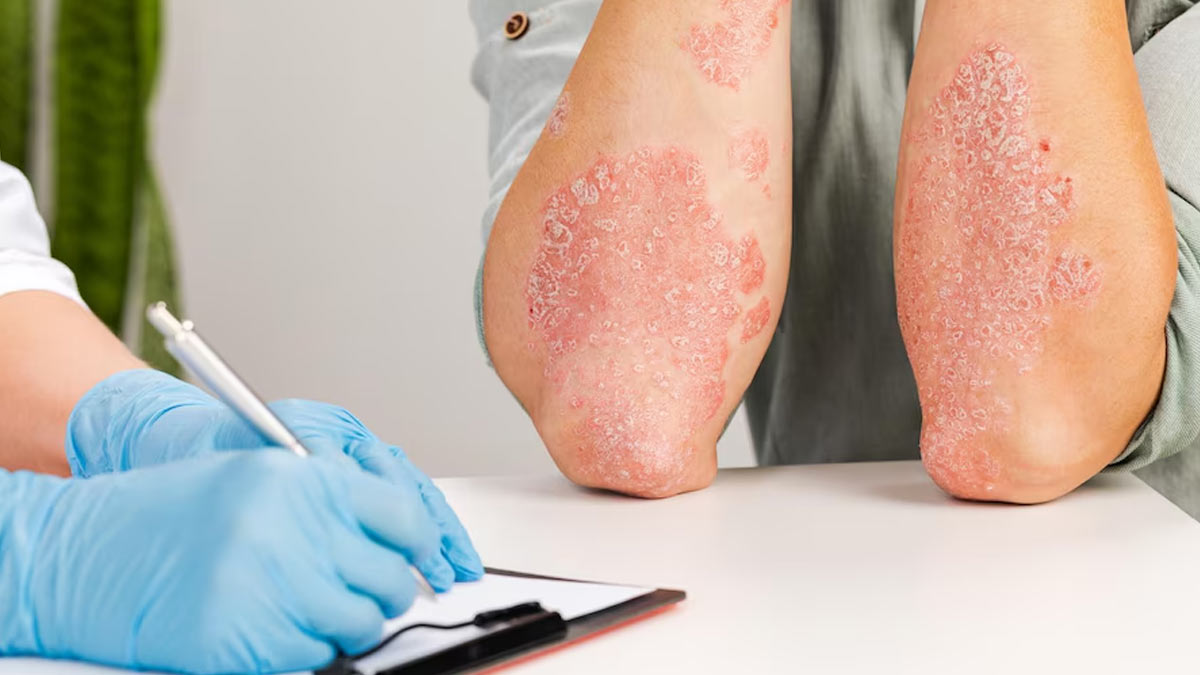
For those with eczema, maintaining healthy skin after hair removal can be challenging. Hair removal is a common practice to improve skin appearance, making it look smoother and more even-toned. It also helps reduce the risk of ingrown hairs, razor bumps, and rashes. However, eczema sufferers need to take extra precautions to prevent irritation and complications.
Table of Content:-
Talking to the Onlymyhealth team, Dr Kiran Sandeep Singh, Certified Cosmetologist and Owner, Beeshakha Health Centre, and Associate Director, Quality and Operations, Terna Speciality Hospital and Research Centre, Navi Mumbai, Maharashtra, India shared some essential post-hair removal care measures to protect your skin
Apply an Ice Pack
“After hair removal, the treated area can become irritated and inflamed. Applying an ice pack can help reduce pain, discomfort, and swelling,” said Dr Singh. She advised using the ice pack intermittently, for about 10-15 minutes at a time, to soothe the skin.

Use Aloe Vera Gel or Calming Creams
Dr Singh suggested that for three days following hair removal, apply aloe vera gel or calming creams to the treated area. “These products provide a cooling effect and help in reducing inflammation and irritation. Aloe vera is known for its soothing properties and can be particularly beneficial for eczema-prone skin,” she recommended.
Wear Loose Clothing
Wearing tight clothes can cause friction on the treated area, leading to irritation and potential flare-ups. Dr Singh suggested, “Opt for loose, comfortable clothing for at least 48 hours after hair removal to minimise friction and allow your skin to breathe.”
Keep the Treated Area Clean and Dry
Ensuring the treated area remains clean and dry is crucial for preventing infections and irritation. “Avoid getting the area wet for at least 48 hours and gently pat it dry if it gets damp. This helps maintain a healthy environment for your skin to heal,” said Dr Singh.
Also Read: These Tips Can Help You Practice Safe Hair Removal If You Have Severe Eczema

Stay Hydrated
Drinking plenty of water is essential for overall skin health. Dr Singh underscored that staying hydrated helps your skin recover more quickly and maintain its natural barrier function, which is particularly important for individuals with eczema.
Use Sunscreen with SPF 50 and Zinc
Protecting your skin from the sun is vital, especially after hair removal. Dr Singh suggested using a a broad-spectrum sunscreen with at least SPF 50 and zinc oxide for two weeks post-treatment. “This helps prevent sunburn and further irritation, keeping your skin safe from harmful UV rays,” she said.
Products and Ingredients to Avoid
Lastly, Dr Singh recommended for people dealing with eczema to avoid products containing sodium lauryl sulfate (SLS), a common ingredient in many shampoos and soaps. “SLS is a harsh detergent that can strip the skin of its natural oils, leading to dryness and irritation. Instead, opt for gentle, SLS-free shampoos and cleansers that are less likely to aggravate your eczema,” said Dr Singh.
Also Read: Trying To Manage Atopic Dermatitis Or Eczema? Expert Recommends Silk Clothing To Avoid Flare-Ups
Proper post-care is crucial for individuals with eczema who undergo hair removal. By following these measures, you can help ensure your skin remains healthy and free from complications. Remember to use soothing products, avoid friction, stay hydrated, and protect your skin from the sun. Additionally, be mindful of the ingredients in your skincare products to prevent further irritation. With these precautions, you can achieve smooth, hair-free skin without compromising your eczema management.
Also watch this video
How we keep this article up to date:
We work with experts and keep a close eye on the latest in health and wellness. Whenever there is a new research or helpful information, we update our articles with accurate and useful advice.
Current Version